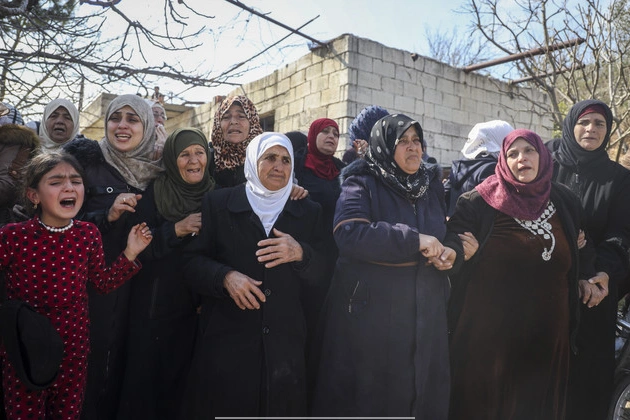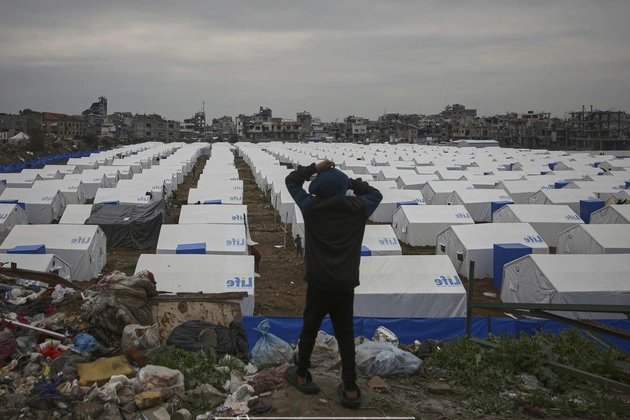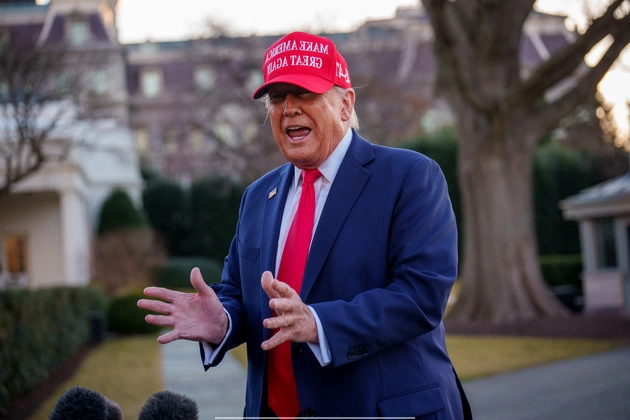
Maintaining the Fragile Israel-Hezbollah Truce: Analysis and Outlook
A fragile cease-fire between Israel and the Lebanese militant group Hezbollah has held up for over a month, even as its terms seem unlikely to be met by the agreed-upon deadline.
The deal struck on Nov. 27 to halt the war required Hezbollah to immediately lay down its arms in southern Lebanon and gave Israel 60 days to withdraw its forces there and hand over control to the Lebanese army and U.N. peacekeepers.
Challenges and Violations
Israel has withdrawn from just two towns in southern Lebanon and continued striking Hezbollah bases, accusing them of illicit activities. Despite accusations of cease-fire violations, analysts believe the truce will hold, offering hope to displaced families.
Flexibility and Geopolitical Shifts
Experts note that the cease-fire agreement’s flexibility could aid its sustainability amid changing circumstances. The truce coincided with significant events, including the ouster of Syria’s Bashar Assad, affecting Hezbollah’s weapon supply routes.
Humanitarian Impact
The conflict’s toll on civilians on both sides is evident, with thousands displaced and casualties on all fronts. Understanding the human cost underscores the urgency for lasting peace in the region.
By analyzing the complexities of the Israel-Hezbollah truce and the ongoing challenges, we gain insights into the delicate balance of power and the potential for peace in this volatile region.















